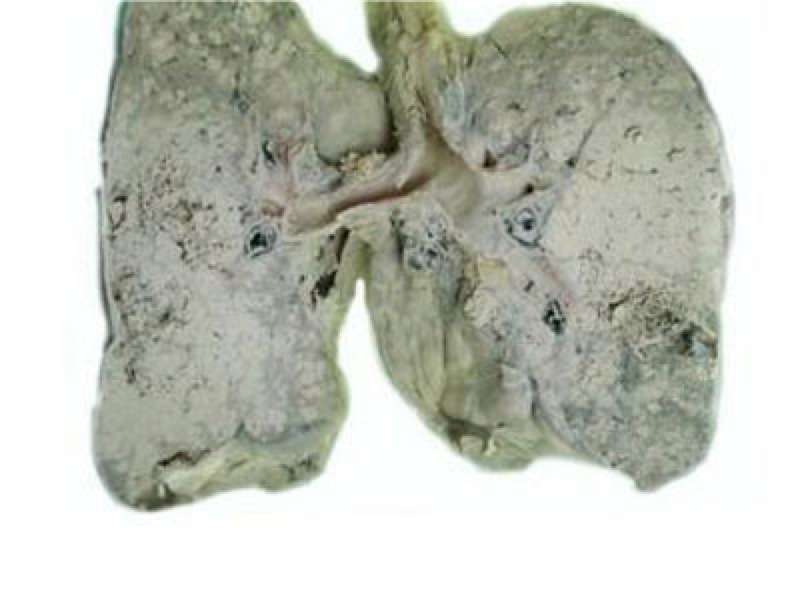What is cervical cancer
What is cervical cancer? Cervical cancer, also known as cervical cancer, refers to a malignant tumor that occurs at the junction of the squamous epithelial cells of the cervical vagina or transition zone and the columnar epithelial cells of the lining of the cervical canal. The mortality rate of cervical cancer in my country accounts for the fourth place in the total cancer mortality rate and the second place in women’s cancer. 
【Cause】
So far, the cause of cervical cancer has not been determined. Most scientists believe that it is the result of a variety of factors, and its incidence is related to early marriage, early childbirth, prolificity, cervical erosion, frequent sexual intercourse, smegma, and sex hormone disorders. It is also related to socioeconomic conditions and mental stimulation. Recently, many authors have suggested that viral infections such as human papillomavirus are associated with cervical cancer.
【Clinical manifestations】
There is no obvious cervical cancer symptoms in the early stage, or only superficial erosion can be seen during vaginal examination, or there is general chronic Inflammation such as a small amount of leucorrhea; in the middle period, there are often increased leucorrhea, smelly, irregular vaginal bleeding, persistent pain in the sacral tail, buttocks and thighs, and urination and defecation disorders may occur when the bladder and rectum invade. Once the corresponding symptoms appear, the course of disease has progressed to the middle and late stages. The earliest and most common symptoms of cervical cancer are vaginal bleeding and increased leucorrhea. In addition to secondary systemic symptoms such as uremia, the patient often presents with clinical manifestations such as weight loss, anemia, fever, systemic failure, cachexia, and corresponding symptoms at the metastatic site.
[Treatment]
The treatment of cervical cancer includes surgery, radiotherapy, chemotherapy, immunotherapy and other methods. Currently surgery and radiotherapy are the main treatments. The choice of treatment should be based on the patient''s clinical stage, pathological type, and tumor size.
【Prognosis]
The prognosis of cervical cancer is relatively good, and there are many factors that affect the prognosis, mainly tumor staging, metastasis, and surgical operations, etc. . Early detection, early diagnosis and early correct treatment are the keys to improving the cure rate.
Related Articles

- Early symptoms of lung cancer
- 2020-12-17

- Early Signs of Bladder Cancer
- What are the early symptoms of bladder cancer?
- 2020-12-17

- Is metastatic carcinoma easy to metastasize
- Once the cancer has metastasized, it will be very difficult to cure, because many people have lost their lives because of the emergence of cancer, so most people think that cancer is an un
- 2020-08-02

- What does microinfiltrating adenocarcinoma mean?
- Microinfiltrating adenocarcinoma is a type of lung cancer. The reason why it is called microinfiltration means that there is less infiltration around it, which means that it is in the early
- 2020-08-01

- How long can non-small cell adenocarcinoma live
- Adenocarcinoma is one of the most common malignant tumors in the world. Non-small cell adenocarcinoma accounts for about 80% of all adenocarcinomas. About 75% of patients are in the middle
- 2020-08-01

- Hand cancer
- Finger cancer generally refers to the appearance of skin cancer, which is characterized by local cauliflower-like skin and easy bleeding. Finger skin cancer is mostly a malignant tumor that
- 2020-08-01
